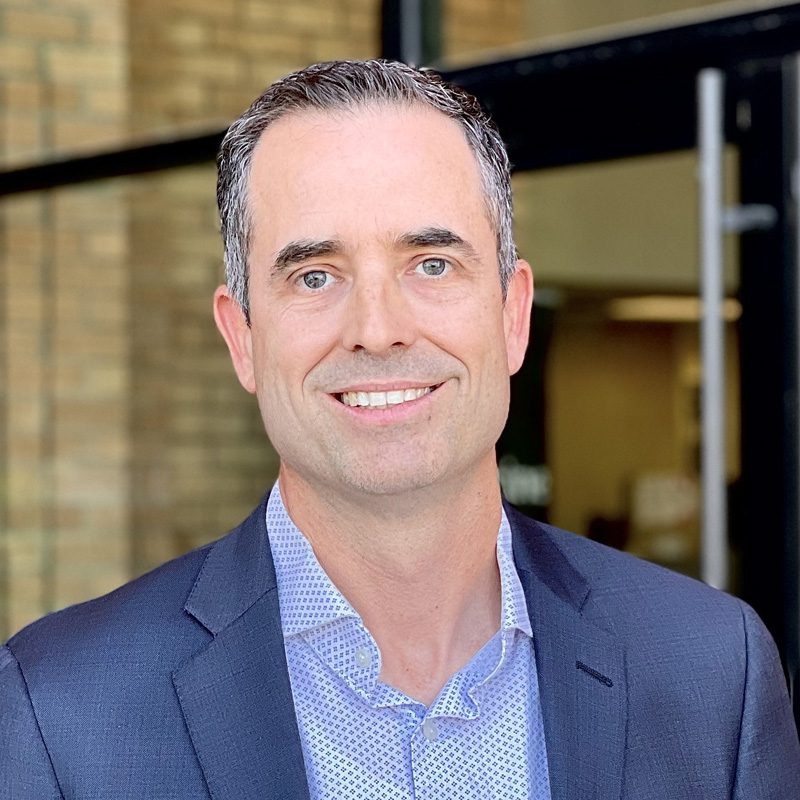What Do I Need to Know About Investors? 3 Insights for Medical Device Startups

To resonate with investors, medical device startup leaders need to have a clear understanding of how and why investors make funding decisions.
Outside of understanding everything there is to know about their product, executives bringing a new medical device to market need to be experts in more than just a few things. First, they need to be able to, quite literally, predict the future. Second, they need to be able to read minds. Sound lofty? Well, there’s little dispute of the fact that this line of work can be immensely challenging.
When it comes to reading minds, MedTech leaders need to be able to read very specific minds, chief being that of investors. When walking into a meeting with a VC, medical device executives need to get inside their heads and have a clear understanding of what they are looking for, what they expect, and what will earn the company a “yes.”
So, without further ado, here is your first lesson in Investor ESP. These are the top three things that medical device startups need to know about investors, so the next time you walk into a pitch meeting, you are better equipped for a successful meeting of the minds.
#1: Investors Have Specific Investment Criteria

In the past, when I was a part of a medical device startup team pitching to investors, I took rejection as a referendum on the product itself. But after decades of working with investment groups, I realize that, more likely, we didn’t secure funding because the tech didn’t fall into the investor’s criteria.
Most VCs and institutional investors have a specific investment profile due to the way they raise capital among limited partnership agreements. They sell a certain investment profile to the LPs, therefore their hands are tied to invest within those guardrails. For example, they might only invest in diabetes therapeutics or digital health. Or, they might only make $5 million investments. Or, maybe they only invest in markets that they can exit in five years. And as a result, your company has to fall into a rubric to be considered for funding.
Take investor Avi Roop, who recently sat with us for an interview in which he gave startups some great fundraising tips from an investor point of view. He is part of an $800 million fund that is only investing in three markets. Even with great tech, if a product doesn’t fall into one of these markets, they will likely pass.
At the end of the day, medical device startups need to know what each investor’s investment profile is before they even consider approaching them.
#2: Investors are on a Timeline

Clocks are ticking in the world of venture capital. VC firms most often have a set number of dollars to deploy in a specific timeframe to make a return of X in a given number of years.
VCs typically actively invest for three to four years in order to start seeing returns in 12-14 years. For example, if a $40 million fund deployed $36 million over the last two years, they have to invest $4 million in six to 12 months to make sure they see returns in their given timeframe.
That typically means that a startup is facing one of two scenarios. If a startup is coming late in the fund, investors will be less picky about the specific investment but inflexible about the amount because the money needs to be placed. If they are coming in early, on the other hand, investors will be more selective but may be more flexible in the amount, as they have more money to invest.
Keep in mind that investors are highly critical in their approaches to investment – they know their area of investment well. Medical device startups need to know that data, insights, and KOL input need to resonate. If investor questions can’t be answered in a way that makes them comfortable, they will likely get hung up on those doubts and hesitate to align with the product or company.
#3: Investors Have Mastered the Art of Diligence

Close your eyes. Now imagine a “magical machine” in which you put a dollar in and get ten in return. That’s what investors want to see when evaluating your tech. They need to be able to very clearly envision “money in, money out.” Everything in your product story and presentation – from market diligence to reimbursement – should be able to point back to that mechanism.
Medical device startups need to know that investors will turn over every rock and ask every question to de-risk the investment and ensure things will go in their favor. Medical device leaders need to anticipate every question and have deep insight into the company’s risks and shortcomings. In short: don’t hide anything. Always be straightforward and honest if you want to push the process forward.
And when you deliver numbers, realize that most investors don’t take anything at face value. In fact, when an entrepreneur gives an unrealistically large number, it can be a red flag. If an executive declares, “this is a 4-billion-dollar market!” with only superficial data, investors may assume that the company has not segmented the market properly or done enough diligence.
Taking a Peek Inside the Investor Mind
When it comes to securing funding, successful medical device startups do their homework to ensure they find the right capital partners for their product. They think like investors and perfect their pitch to satisfy their need for a compelling product story that ends in a clear path to ROI.
If entrepreneurs can get into the minds of investors and deliver what they want to see (and need to know), they will hear “yes” a whole lot more often.
Jaunt helps medical device entrepreneurs understand what venture capital is looking for in an investment and works with them to become pitch-perfect. Contact us to learn more.




